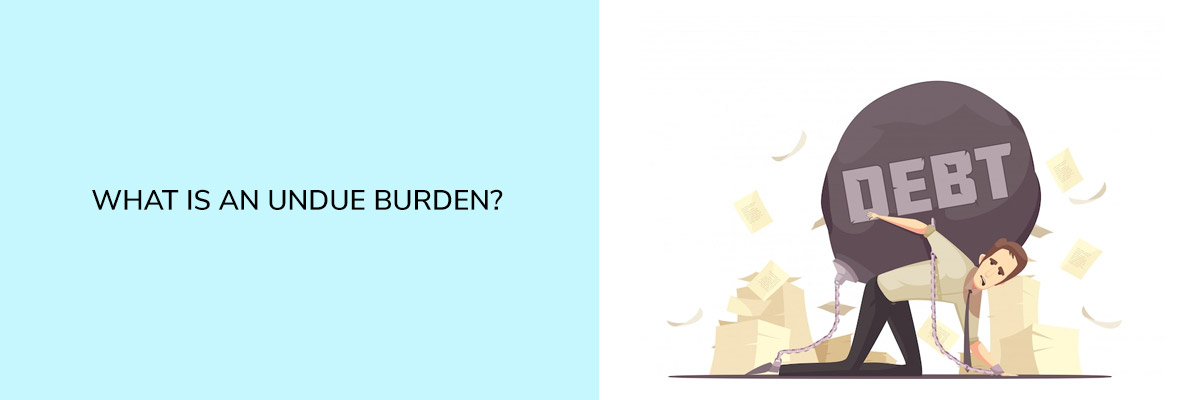The concept of an undue burden is important in the area of civil rights. It refers to a standard under the United States Constitution that prohibits the government from placing an unreasonable burden on a person’s right to life, liberty, or property.
What Is An Undue Burden?
An undue burden is a situation in which a law or policy is put in place that is too difficult for someone to comply with. This can be due to the law or policy being too complicated, restrictive, or time-consuming. It can also refer to the law or policy placing an unreasonable financial burden on someone.



How To Determine If A Law Or Policy Is An Undue Burden?
There is no one definitive way to determine if a law or policy is an undue burden. However, courts will often look at a variety of factors in order to determine if a law or policy is too difficult for someone to comply with. These factors include the nature of the law or policy, the amount of time and resources that are required to comply with it, and the economic impact on individuals who must comply with it.
What Are The Factors That Go Into Calculating An Undue Burden?
The factors that go into calculating an undue burden can vary depending on the situation. However, many of the same factors that are used to determine if a law or policy is too restrictive will also be used to determine if a law or policy is an undue burden.
These factors include:
- The nature of the law or policy
- The amount of time and resources required to comply with it
- The economic impact on individuals who must comply with it
- The impact on individual liberty
- The impact on public health
- The impact on the overall efficiency of government
- The proportionality of the law or policy to its objectives
- The context in which the law or policy was enacted
- The history of the law or policy
- The impact of previous laws or policies on the same group of individuals
- The impact of the law or policy on the overall economy
- The impact of the law or policy on minorities
- The impact of the law or policy on women’s rights
How Can Courts Address Questions Of Undue Burden?
Courts can address questions of the undue burden by looking at the law or policy in question and determining if it is too difficult for individuals to comply with. Alternatively, courts can enjoin a law or policy from being enforced if it is determined that the law or policy is an undue burden.
Final Words
The concept of an undue burden is important in the area of civil rights. When determining if a law or policy is an undue burden, courts should consider a number of factors. Attend the Compliance Prime webinar to learn more about Undue Burden.


